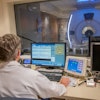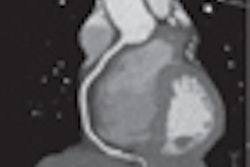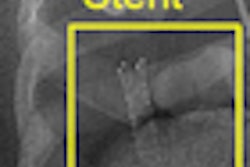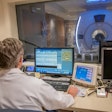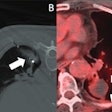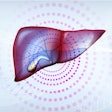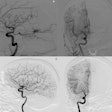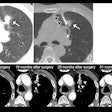The Mayo Clinic in Jacksonville, FL, said that more than 3,200 patients may have been put at risk by an interventional radiologic technologist who has been fired. The employee has admitted to stealing drugs and contaminating needles used for injectable pain medications before administering drugs to patients, Mayo said.
In a news conference on September 2, Mayo said it is doing everything possible to protect patients' health as a result of its ongoing investigation, which to date has found three patients who contracted a strain of hepatitis C similar to that found in the fired technologist.
After several years of investigating the incident in cooperation with law enforcement, Mayo said it is still unsure how many patients have been affected. However, the employee's admission of the crimes this week has advanced the investigation significantly.
"His admission unlocked a key to the puzzle we had been piecing together with the Florida Department of Health and the Centers for Disease Control and Prevention for about three and a half years," said William Rupp, MD, CEO of the Mayo Clinic in Florida. "A comprehensive criminal investigation of the former employee's actions is under way."
Rupp said that three and a half years ago, Mayo had discovered the first of three cases in which hepatitis C was transmitted to patients who had been seen at the hospital. The case was discovered thanks to active follow-up patient surveillance performed by the hospital's transplant program. Each case was about one year apart starting in 2007, leading Mayo to originally believe that the cases may have been caused by patient-to-patient transmission.
But further testing, such as the use of blood glucose monitoring, failed to support that theory, so investigators began looking into whether the transmissions had come from healthcare providers -- for example, due to a failure to follow proper infection control procedures. But that investigation failed to yield a source for the infections.
In December 2009, genetic testing revealed that the hepatitis C strain of the third infected patient matched that of the other two, leading investigators to suspect tampering and breaking of the hospital's infection control procedures through drug diversion. The area of concern was then narrowed to interventional radiology, and all 22 employees who could have been involved were tested for hepatitis C. One employee, the interventional technologist, was positive, Rupp said.
Mayo has developed a list of every patient who has been through the hospital's interventional radiology department since the technologist was hired, Rupp said. That list was narrowed to those who were seen on the days the employee was working, and then again to only those who received injectable pain medication. The technologist had administered 3,209 doses of injectable pain medication since he was hired in 2004.
To identify additional patients who may have been affected, the facility has set up a telephone hotline (877-956-1768 or 904-956-1768, 7 a.m. to 10 p.m. EDT) for patients who have received injectable pain medications at the facility. Nurses staffing the hotline can answer questions or concerns from patients about hepatitis C.
Letters will be sent to patients whom the facility believes may be at risk, and "Mayo will promptly contact patients who don't respond as a further precaution," Rupp said. At-risk patients will also be asked to get tested for HIV and the hepatitis B virus, although the terminated employee has tested negative more than once for both of these viruses.
One of the three infected patients is believed to have died after contracting the disease, according to WOKV.com, the website operated by radio station WOKV of Jacksonville.
Approximately 725 people have called Mayo's hotline since it was established last Wednesday, Mayo said. The facility has strengthened its already-stringent procedures for dispensing controlled substances and stepped up staff training efforts for preventing disease transmission, Rupp said.
By Eric Barnes
AuntMinnie.com staff writer
September 3, 2010
Related Reading
Mayo fires RT after hep C transmission, August 26, 2010
Copyright © 2010 AuntMinnie.com
